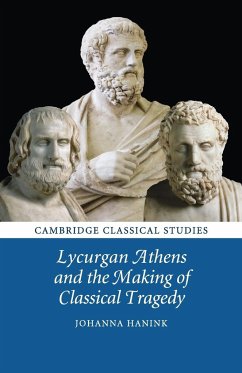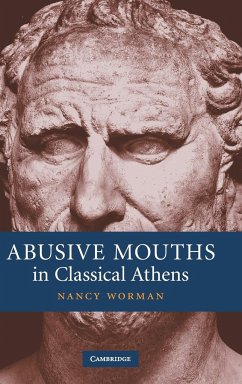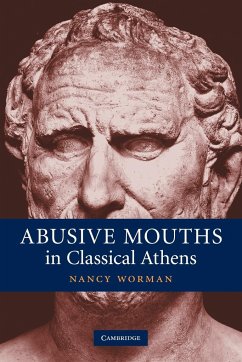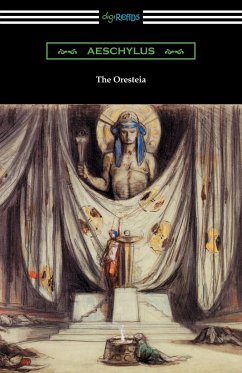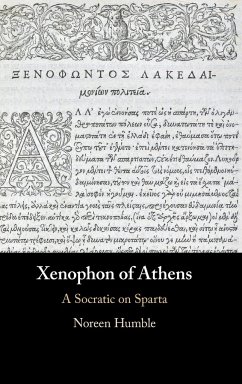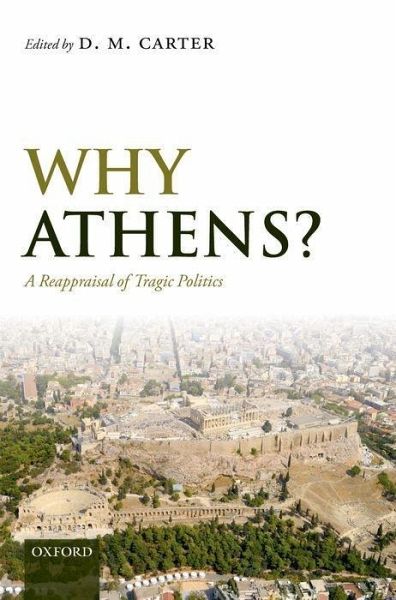
WHY ATHENS? C
Versandkostenfrei!
Versandfertig in 1-2 Wochen
158,99 €
inkl. MwSt.

PAYBACK Punkte
79 °P sammeln!
A collection of essays reconsidering Greek tragedy as a reflection of Athenian political culture. The contributors explore the role of tragedy as a distinctively Athenian cultural product and its particular relationship with the city that nurtured and hosted it.




